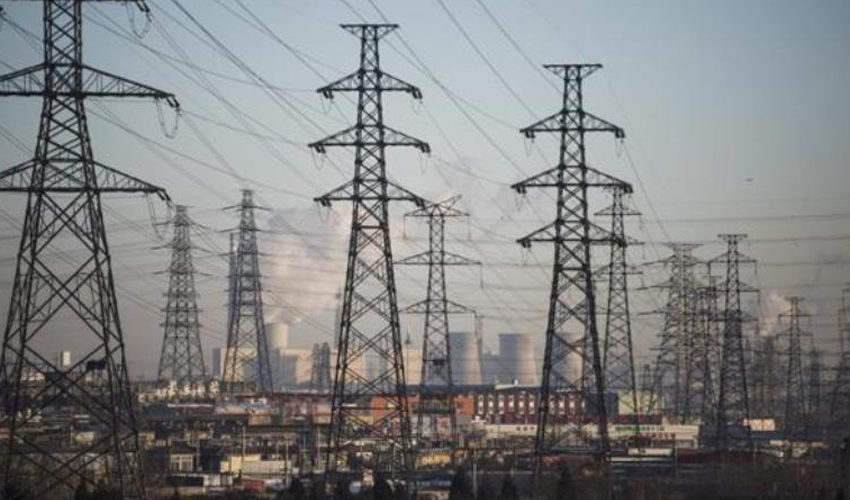Federal Energy Minister Awais Leghari clarified the process behind electricity pricing in Pakistan during a conversation with the media, emphasizing that the determination of power tariffs is the responsibility of the National Electric Power Regulatory Authority (NEPRA).
Leghari explained that NEPRA sets electricity prices based on two key factors: quarterly tariff adjustments and monthly fuel adjustment charges.
He noted that petitions are regularly filed to determine these prices, and NEPRA's decisions are often misunderstood by the public and the media.
"NEPRA's decisions are frequently misinterpreted due to a lack of understanding within the media," Leghari claimed.
He further mentioned that NEPRA heard the latest petition on August 26, which will result in an increase in electricity bills for the months of September to November by 96 paisas per unit. This increase, he clarified, is part of the quarterly adjustment approved by NEPRA.
Also Read: Power reforms to end subsidies, revise taxes and boost electricity demand
On the other hand, Leghari also highlighted that fuel adjustment charges are expected to decrease by Rs2.87 per unit, which means consumers will see an overall reduction of Rs2.37 per unit in their bills.
Addressing the public perception, Leghari remarked that the frequent claims of rising electricity prices are often due to a misunderstanding of the adjustment mechanisms in place. "It is incorrectly perceived that electricity prices are always increasing, whereas the reality is that these adjustments are based on specific regulatory processes," he said.
Recently, the federal government introduced a comprehensive short-term and mid-term reform plan aimed at improving the power sector, including significant measures such as the elimination of cross-subsidy, revising taxes, and increasing electricity demand during the winter months.
Also Read: FBR uncovers Rs69.5bn money laundering in solar panel imports
The government decided to abolish cross-subsidies to reduce the financial burden on the industrial sector. It said subsidies for domestic consumers would be linked to the Benazir Income Support Program (BISP) data, taxes in the power sector would be revised as part of the reform plan.
Captive power plants would be incorporated into the national grid, and imported coal-fired plants will transition to using indigenous coal. The plan includes a target to double electricity demand from 10,000MW to 20,000MW during the winter, with a focus on shifting appliances such as gas heaters and geysers to electricity and replacing substandard fans.
A three to five-year plan was laid out to address transmission defects across the grid. Diesel-powered tubewells across the country will be converted to solar power, as per the plan.



























